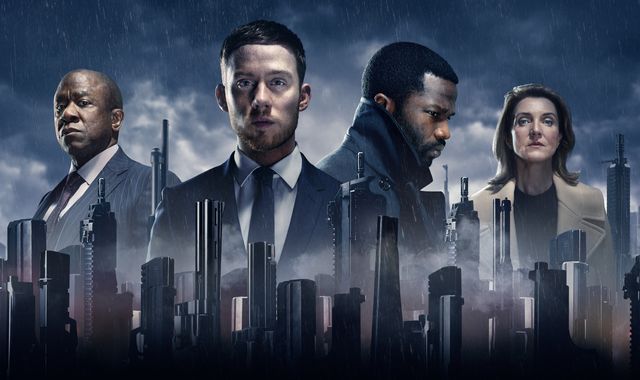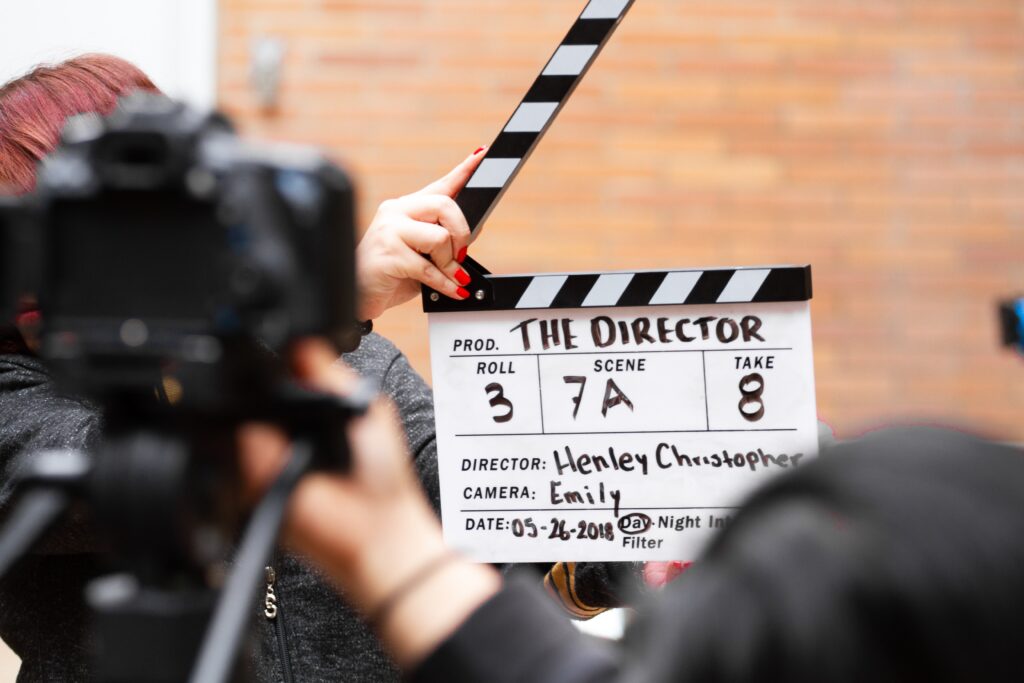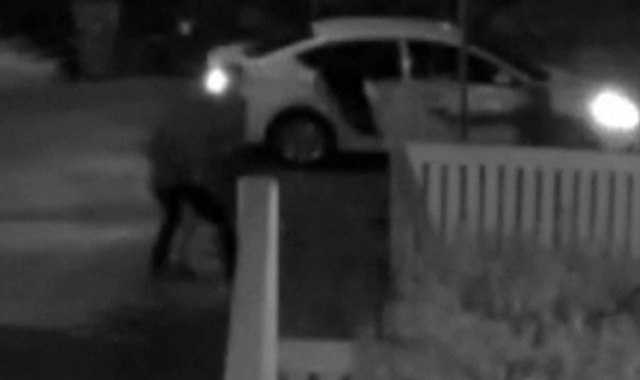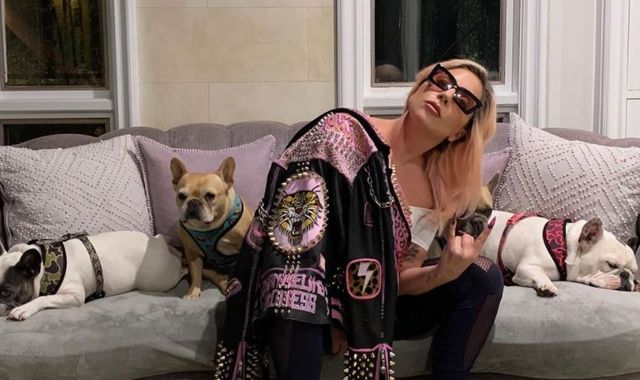Gangs Of London: ‘We spent time with undercover police – I have to be careful’
Written by News on 20/04/2020
With an upside-down London skyline in view, a terrified “nobody” begs for his life as he dangles by a fuel-soaked rope from the top of a skyscraper, the flame from a single match about to send him plummeting.


This is our introduction to the character of Sean Wallace, a young man consumed by wanting vengeance for his father’s murder, whose gloved hand is getting ready to strike.
Gangs Of London is the new gangland crime series set to keep you hitting the “next episode” button. Unless you’re squeamish, that is. This isn’t one for the faint-hearted.
Starring Joe Cole, Sope Dirisu, Michelle Fairley and Lucian Msamati, it is already being billed by critics as a modern-day Peaky Blinders – in which fans will know Cole starred in as John Shelby, little brother to Cillian Murphy’s Thomas Shelby.
Created by award-winning filmmaker Gareth Evans and his creative partner Matt Flannery, Gangs Of London centres on the international gangs controlling the capital, and the story picks up as the most powerful crime family’s kingpin is assassinated.
Their version of London is other-worldly, with more than a hint of the darkness of Gotham City.
And the human fireball fall is just the beginning, with impressively creative measures of torture and violence suggested throughout, if not all shown on screen.
Speaking to Sky News following a screening of the first episode for the cast, Evans says he hopes he has created characters that viewers will root for, despite their penchant for cruel and unusual punishment.
“Sometimes the best television for me is when you see a character do something that you morally disagree with, but you love them so much that you wish you could climb into the TV and stop them from doing it,” he says.
“I had that experience when I watched Breaking Bad with a number of things that Walter White eventually ended up doing.
“To be able to get that kind of connection with an audience member, where they feel so connected to the characters and the show, would be incredible.
“Part of the fun of creating these characters is to be able to say, this character, we might meet him doing something incredibly abhorrent from the get-go; the challenge then is to rebuild the audience’s perception of who that person is.
“They get to know them a little bit better, get to maybe sympathise with some of the things they’ve done, understand a little bit of where they’re coming from.
“I feel like we’ve got a number of characters across this show that the moral ambiguity plays out over the course of each episode in ways that will surprise the audience.”
In person, Evans is pleasant and, well, doesn’t seem like someone who would ever have come across a situation involving, let’s say, a belt sander being taken to someone’s eye, as is threatened in episode one.
He is quick to reassure this definitely doesn’t come from experience.
“I just think about, what could be a unique threat? There’s so many things that have already been done before in other shows. You put yourself in… well, what would you least like to happen? And then something would crop up. It’s just a case of playing with words, really.”
And although we see human fireballs and wince-inducing scenes with darts and meat cleavers in the first episode alone, the belt sander to the eye will be left to the imagination, he promises.
“We’d never go that far with it. The belt sander to the eye thing was more like a throwaway line of dialogue as opposed to something you’re ever going to see in the show.”
In the first episode, we see the murder of Finn Wallace (Colm Meaney), a man who for 20 years had been the most powerful criminal in London.
The question is: who ordered the hit? His son, Sean (Cole), who assumes power, is determined to find out.
Evans and Flannery spent time researching with former undercover police officers and crime journalists to find out more about organised crime in the capital, and took inspiration from news headlines.
“We went down the rabbit hole, definitely,” says Evans. “[We wanted] to get a sense of what goes on behind closed doors.
“It was almost a case of, okay, how do we strip away the sort of exotic eye-level view of London that people would have. Part of that involved… going behind closed doors and finding a way to translate that journey into the show.”
Evans points to a scene in the first episode, in which Dirisu’s character Elliot Finch is involved in a chase and ends up in an east London high street.
The show explores the differences between what people see externally and what happens behind closed doors, he says.
“For us, it was the fun of saying, well, everyone can relate to that one shop on every high street where the windows are soaped up and there’s posters all over it.
“But what’s behind that door there? Who’s in there? How can we explore that world?
“It all feels like its own world. But you still hear the sounds of the Tube rattling across through the walls.
“The fear that comes from that is that we’ve gone from a place that’s overpopulated on the surface but now we’re in a place where a gunshot could go off and no one would know it happened.”
Evans is cautious when it comes to divulging the information he learned through his research with police officers.
“It was interesting titbits and facts about the city and how things happen,” he says. “I have to be careful. Money-laundering, for example, was a really fascinating aspect of it, the way that there would be some – not all, but some – money exchange stores used to launder through.
“I remember on one of our trips we were with an undercover cop, a former undercover cop, who was like, okay, you see this street? And there were, like, five money transfer places.
“He said that definitely one of them would be responsible for money laundering in some way or another. And literally, while we were stood on the pavement watching, a group of plain clothes cops came in and raided the place right in front of us.
“So it’s kind of like, okay. Either he’s really, really orchestrated this well for us, or he’s telling the truth. So it was a fascinating little glimpse into the background of it all.”
One of things that interested Evans most was learning about the social dynamics of organised crime, he says.
“It was good to understand how it operates, that there are people that you’re never, ever going to know, and that functions in our show.
“There’s a board of investors somewhere, an elite group that we never get to put faces to. And it’s knowing they’re right at the top then and working its way down the hierarchy of subdivisions and subdivisions and subdivisions; incredibly wealthy people, all the way down to the kids on the street.”
Gangs of London shows factions of all nationalities, with some conversations spoken in different languages and subtitles. Evans says this was important to everyone involved in the programme, to reflect the reality of life in London.
“The project came to me initially as we got the rights to a video game and they wanted to make a film franchise of it. And one of the things I love about London is that you can step on to any street and hear 10, 15 different languages, all spoken at once.
“That’s really unique and it’s such an interesting characteristic of the city. And I felt like if we were going to do a film franchise, we would have two-thirds of our running time focused purely on our central characters, and then only a third left to explore the side characters that populate that world.
“That wasn’t enough. I felt like we wouldn’t do justice to the myriad of different diverse cultures and ethnicities that make up the city.
“So I pitched it back saying this should be a TV show because you can afford to go off and detour for 10 to 15 minutes and spend time with other characters, and learn about them in more detail.”
:: Listen to the Backstage podcast on Apple Podcasts, Google Podcasts, Spotify, Spreaker
With second series for new shows being announced more and more now before first series have finished, is Evans able to say what the plans are for Gangs Of London?
“I am not sure to the level of that yet,” he laughs. “Have to wait and see for that. But there’s certainly scope and availability there for the story threads to be picked up again and for those journeys to continue.”
All episodes of Gangs Of London are due to air on Sky Atlantic on 23 April
(c) Sky News 2020: Gangs Of London: ‘We spent time with undercover police – I have to be careful’






